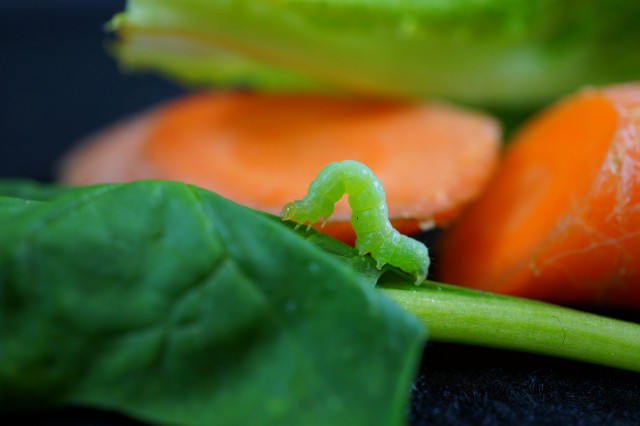Your vegetables’ nutritional content could be affected by jet lag
Ars Technica » Scientific Method 2013-06-20

When you buy vegetables at the grocery store, they are usually still alive. When you lock your cabbage and carrots in the dark recess of the refrigerator vegetable drawer, they are still alive. They continue to metabolize while we wait to cook them.
Why should we care? Well, plants that are alive adjust to the conditions surrounding them. Researchers at Rice University have shown that some plants have circadian rhythms, adjusting their production of certain chemicals based on their exposure to light and dark cycles. Understanding and exploiting these rhythms could help us maximize the nutritional value of the vegetables we eat.
According to Janet Braam, a professor of biochemistry at Rice, her team’s initial research looked at how Arabidopsis, a common plant model for scientists, responded to light cycles. “It adjusts its defense hormones before the time of day when insects attack,” Braam said. Arabidopsis is in the same plant family as the cruciforous vegetables—broccoli, cabbage, and kale—so Braam and her colleagues decided to look for a similar light response in our foods.
Read 8 remaining paragraphs | Comments